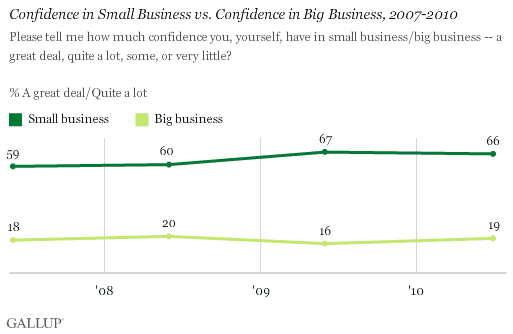

Also, big businesses are more difficult to manage because they are often geographically spread across time zones, cultures and working styles. Large scale operations can mean that a firm encounters diseconomies of scale due to problems of control, coordination and communication. Managers, who run large companies, may want to expand since they will face lower unit costs as their organizations grow, hence higher profitability.

Better branding leads to higher customer loyalty as customers are likely to remain loyal to the business and its products due to the perceived trust and value for money. Many firms are large and established enough to have global brand recognition and better brand reputation as they have positive brand image created through advertising to the mass market. High market powers. Large businesses have higher brand recognition and customers are more familiar with the brand which allows large firms to sell to a wider market.
#Small vs big business professional#
It is because large businesses can afford to employ specialist professional managers to run each business function. Better managed. The owners (shareholders) of big firms do not have to carry a large burden of daily responsibilities.It is also easier to raise capital at lower interest as big businesses borrow huge amounts of money at once. Easier to raise finance. Large businesses usually have better access to capital as they have access to several different sources of finance such as issuing debentures, sale of shares to the general public on the stock exchange or access to long-term bank loans.


Advantages of large businessesĪdvantages of being a large company include: According to the EU classification of business size, a large business hires over 250 employees, generates over EUR€50,000,000 in sales and owns capital employed over EUR€34,000,000. Large firms are usually huge multinational corporations employing hundreds of thousands of people in many different countries around the world such as McDonald’s or Walmart. FINAL ACCOUNTS – PROFIT AND LOSS ACCOUNTĭespite the benefits of being a small business, many large businesses are extremely successful and thrive for several important reasons.DIFFERENT TYPES OF BUSINESS ORGANIZATIONS.


 0 kommentar(er)
0 kommentar(er)
